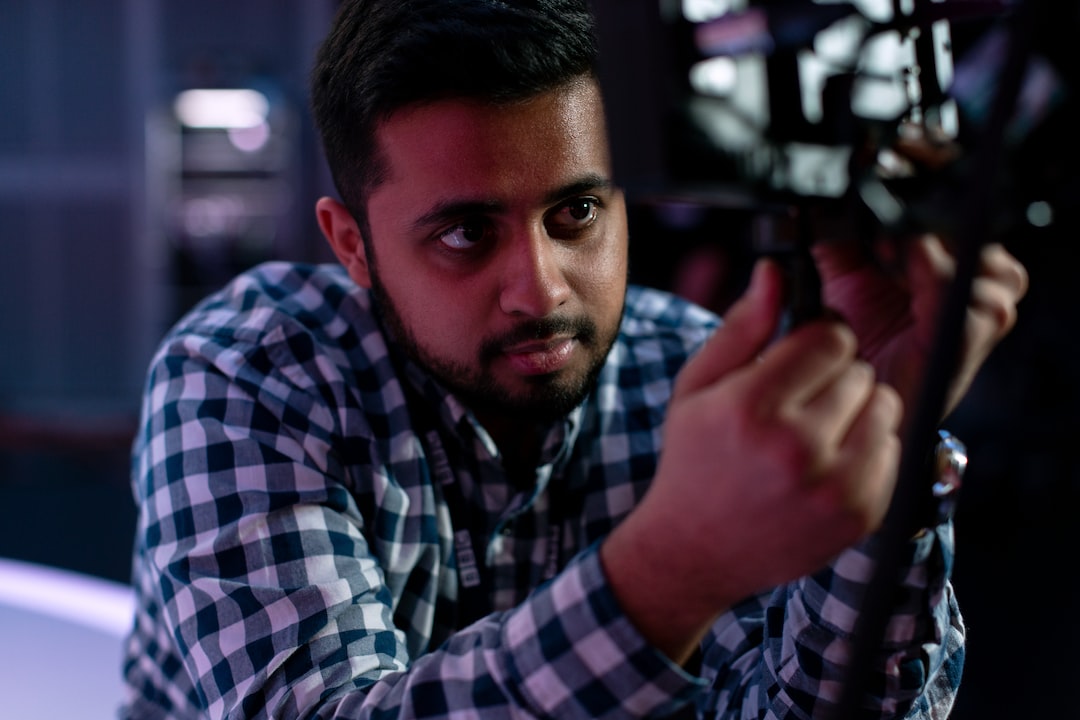The Future of Engineering Education: Trends and Opportunities
Engineering has always been at the forefront of technological advancements and innovation. However, with the current rapid pace of change in the tech industry, engineering education needs to adapt to keep up with the demands of the future. In this blog post, we will explore the future trends and opportunities in engineering education.
1. Interdisciplinary Approach:
One of the key aspects of the future of engineering education will be adopting an interdisciplinary approach. As technology continues to evolve, engineers will need to have a broader skillset and collaborate with professionals from various fields such as data science, artificial intelligence, and environmental sciences. By incorporating interdisciplinary courses into engineering programs, students will be better equipped to solve complex real-world problems.
2. Project-Based Learning:
Gone are the days of textbooks and theoretical knowledge being the sole focus of engineering education. The future of engineering education lies in project-based learning, where students learn by actively working on real-life projects. This hands-on approach allows students to gain practical experience, develop problem-solving skills, and enables them to apply their theoretical knowledge in a practical setting.
3. Embracing Digital Transformation:
The future of engineering education will heavily rely on embracing digital transformation. With advancements in virtual reality (VR) and augmented reality (AR), engineering students can now have immersive learning experiences. VR can simulate real-world scenarios, allowing students to visualize and interact with complex engineering concepts. AR can enhance their understanding by overlaying digital information onto real-world objects. This digital transformation will provide students with a more engaging and interactive learning environment.
4. Customized Learning Paths:
Every student is unique and has different learning preferences and capabilities. Recognizing this, engineering education in the future will move towards providing personalized and customizable learning paths. With the help of artificial intelligence (AI) and machine learning (ML), educational institutions can analyze individual students’ strengths and weaknesses, and tailor their learning experiences accordingly. This customization will ensure that students receive the most effective learning methods and resources for their specific needs.
5. Lifelong Learning:
With the rapid pace of technological advancements, engineering professionals need to adapt and upskill throughout their careers. The future of engineering education will include initiatives for lifelong learning. This means that graduates will no longer be confined to a specific set of skills they acquired during their college years. Continuous learning will be essential to stay relevant in the rapidly evolving technological landscape.
6. Ethical and Sustainable Engineering:
As the world faces numerous environmental challenges, engineering education will place a stronger emphasis on ethical and sustainable engineering practices. Future engineers will need to understand the societal and environmental impacts of their work and design solutions that prioritize sustainability. Courses focusing on ethics, social responsibility, and sustainable development will be integrated into engineering curricula to ensure that engineers are equipped with the necessary knowledge and skills to develop sustainable solutions.
In conclusion, engineering education is at a crucial juncture. To prepare future engineers for the rapidly evolving tech industry, educational institutions need to adapt to the changing trends and opportunities. The future of engineering education lies in embracing interdisciplinary approaches, project-based learning, digital transformation, personalized learning paths, lifelong learning, and ethical and sustainable engineering practices. By adopting these advancements, engineering education can produce competent engineers who are ready to address complex challenges and shape the future.
